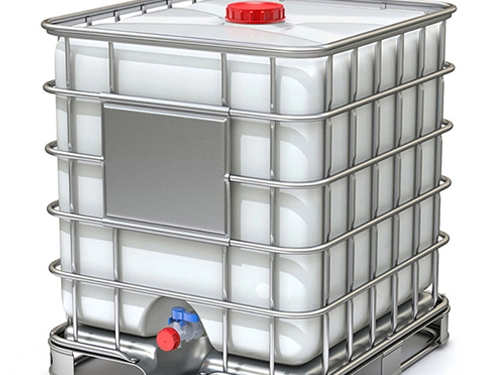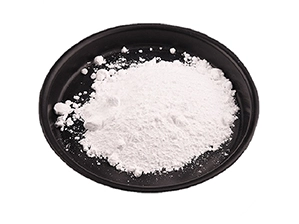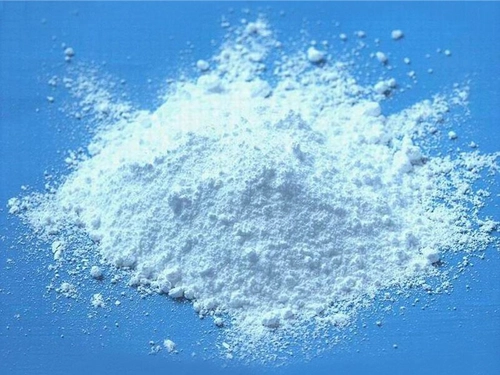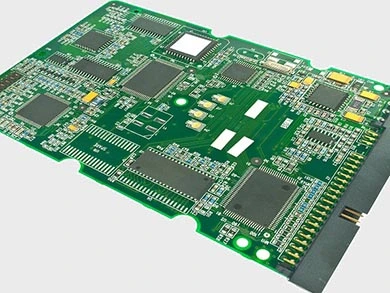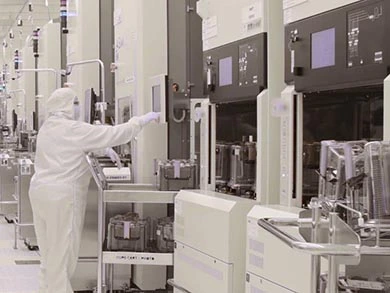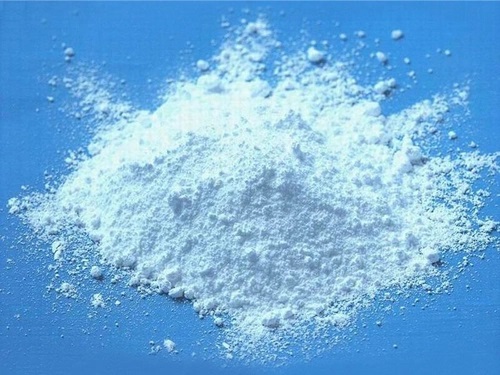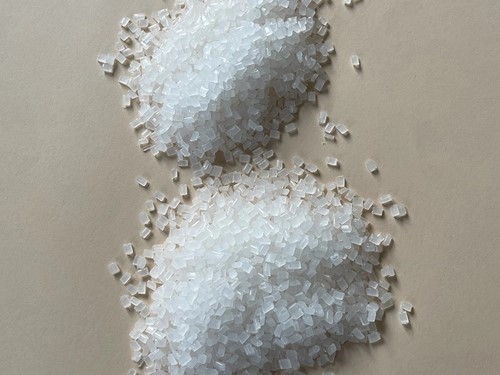Fluoropolymers, particularly polytetrafluoroethylene (PTFE), are widely used in the cookware industry due to their unique properties. Here are some key points about the use of fluoropolymers in this context:
Properties of Fluoropolymers
1. Non-Stick Surface: Fluoropolymers like PTFE are best known for their non-stick properties, which make them ideal for cookware. Food does not adhere to the surface, making cooking and cleaning easier.
2. Heat Resistance: Fluoropolymer resin can withstand high temperatures without degrading, which is crucial for cooking applications.
3. Chemical Resistance: These materials are resistant to most chemicals, ensuring that they do not react with food or cleaning agents.
4. Low Friction: The low coefficient of friction of PTFE made by PTFE resin suppliers reduces the need for oils and fats, promoting healthier cooking.
5. Durability: Fluoropolymers are highly durable and can withstand repeated use without significant wear and tear.
Applications in Cookware
1. Non-Stick Pans: The most common application is in non-stick frying pans and saucepans. A coating of PTFE is applied to the surface to provide the non-stick properties.
2. Bakeware: Fluoropolymer coatings are also used in baking sheets, muffin tins, and other bakeware to prevent sticking and make cleaning easier.
3. Small Kitchen Appliances: Items like waffle makers, sandwich presses, and griddles often use fluoropolymer coatings to ensure easy food release.
4. Utensils: Some cooking utensils, such as spatulas and tongs, may also be coated with fluoropolymers to enhance their non-stick properties.
Safety and Environmental Concerns
1. Overheating: While PTFE is stable at normal cooking temperatures, it can degrade and release harmful fumes if overheated (above 260°C or 500°F). It is important to use these products within the recommended temperature range.
2. PFOA and PFOS: Historically, perfluorooctanoic acid (PFOA) and perfluorooctanesulfonic acid (PFOS) were used in the manufacturing process of PTFE. These substances have been linked to health and environmental concerns. However, most manufacturers have phased out the use of PFOA and PFOS in compliance with regulatory guidelines.
3. Sustainability: There is ongoing research into more sustainable and environmentally friendly alternatives to traditional fluoropolymers, as well as improved recycling methods.
Care and Maintenance
1. Avoid Metal Utensils: To prolong the life of cookware with Teflon, it is advisable to use wooden, silicone, or plastic utensils to avoid scratching the surface.
2. Gentle Cleaning: Use non-abrasive sponges and mild detergents to clean cookware with Teflon. Avoid using steel wool or harsh cleaning agents.
3. Proper Storage: Store cookware with Teflon carefully to prevent damage to the coating. Using pan protectors or stacking with care can help maintain the integrity of the non-stick surface.
Conclusion
Fluoropolymers, especially PTFE, play a crucial role in the cookware industry by providing non-stick, heat-resistant, and durable surfaces. While there are some safety and environmental concerns, advancements in manufacturing and regulatory compliance have mitigated many of these issues. Proper care and maintenance can extend the life of fluoropolymer-coated cookware, making it a valuable tool in modern kitchens. FluorinChem's fluoropolymers, such as PTFE resin, PVDF pellet, SF-301 PFA dispersion, fluon ETFE resin, PTFE molding powder, etc., are manufactured using top-grade materials and undergo rigorous quality control processes to ensure their effectiveness and durability. Contact us and receive reliable cookware solutions that meet and exceed industry standards.
Insights into Fluoropolymer Resin
Fluoropolymer lithium ion battery
Processing procedures of FEP dispersion



